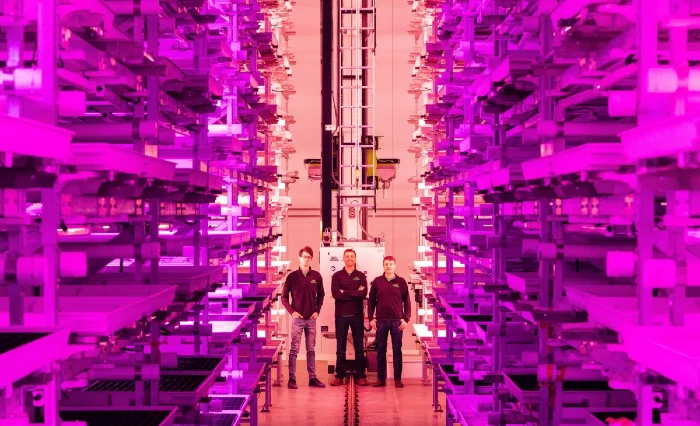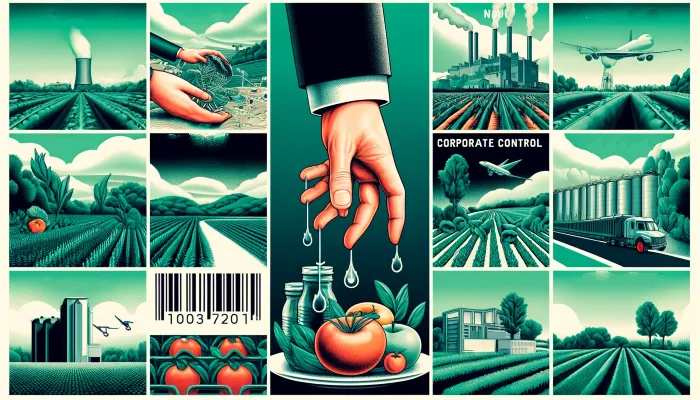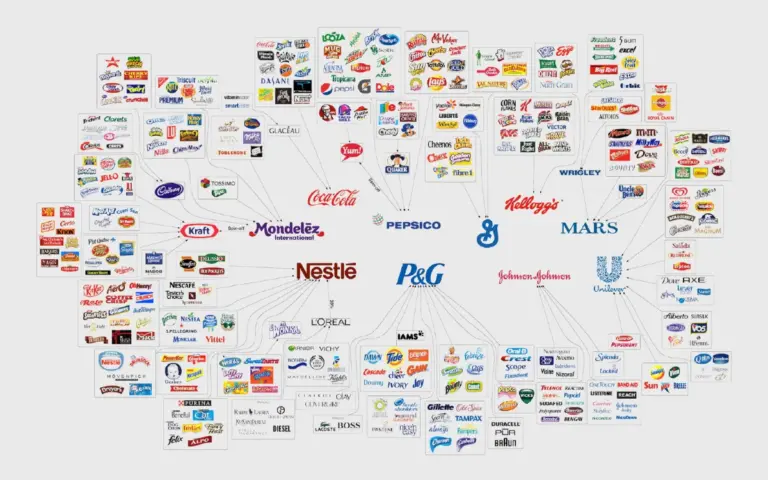A year after ceasing operations at its 60,000-square-foot facility in Braddock, Fifth Season, a once-promising vertical farming startup, has succumbed to bankruptcy. Despite efforts by Michael Von Lehman, the company’s chief restructuring officer, to find a new buyer, the fragile state of the vertical farming industry precluded any significant acquisition.
“The filing of the chapter seven bankruptcy, I believe, is the end,” Mr. Von Lehman stated in a Post-Gazette interview. This marks a stark end for the RDC-backed venture, which invested $30 million into the autonomous farming facility and had plans for food manufacturing transformation if a new operator wasn’t found by early July. The facility was listed for sale at $12 million in June by CBRE Inc.
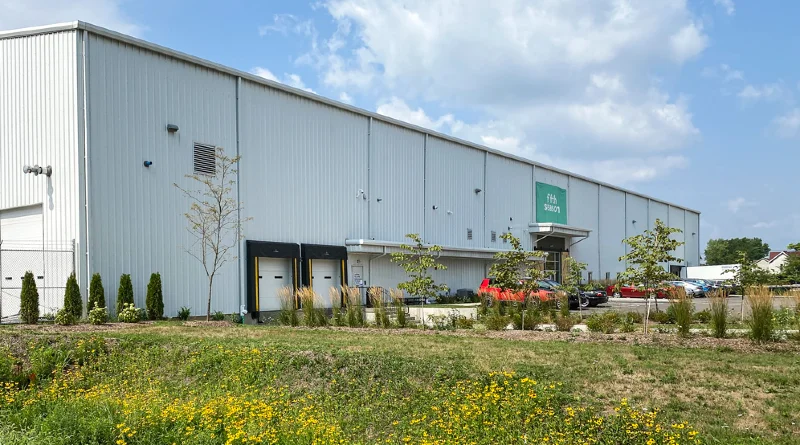
Mr. Von Lehman reflected on the bankruptcy filing, noting that while interest from other vertical farms existed, their financial struggles rendered an acquisition unfeasible.
Fifth Season, operating under the name Robotany LTD, was a beacon of innovation in vertical farming, producing 500,000 pounds of leafy greens annually and supplying regional grocers like Giant Eagle, Kroger, and Whole Foods. The startup raised $75 million in investments and had ambitious plans for expansion. However, the costly nature of its sophisticated technology, combined with leasing most of its assets and equipment, left it vulnerable.
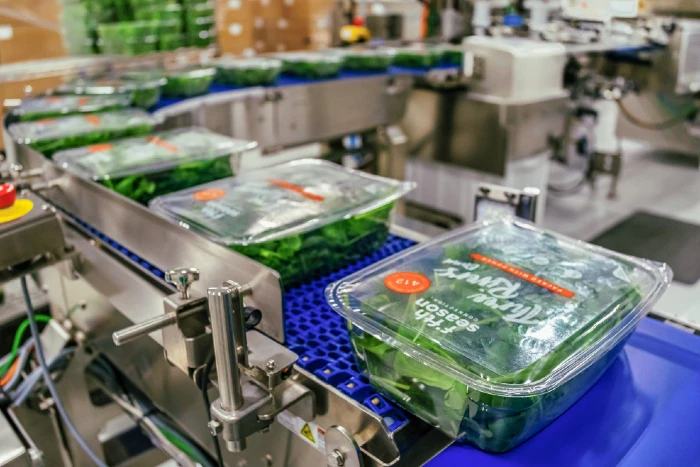
The company’s co-founders, brothers Austin and Brac Webb, have since embarked on a new venture, Nudais, while their third co-founder, Austin Lawrence, has delved into a new role in the robotics industry, keeping his work private for now.
Fifth Season’s financial troubles reflect a broader challenge in the vertical farming industry, which Mr. Von Lehman described as too niche and capital-intensive for sustainable growth. “You’re obviously not going to feed a country” with the current scope of vertical farming, he said.
The bankruptcy also underscores the inherent risks of new technology ventures. As noted by Mr. Von Lehman, even industry giants like Warren Buffett are cautious about investing in new tech due to the difficulty in predicting success. This sentiment is echoed in the recent bankruptcies of AeroFarms and AppHarvest, which we reported on earlier.
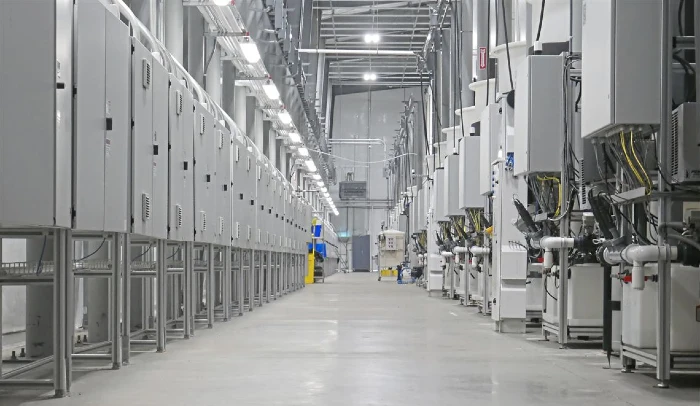
Yet, Fifth Season’s closure isn’t seen as a reflection of Pittsburgh’s tech sector. Mr. Von Lehman views it as part of the natural lifecycle of young, maturing companies. He compares Pittsburgh’s tech landscape to Silicon Valley, where failures are more common due to the sheer volume of startups trying their hand.
The community remains optimistic about Pittsburgh’s tech future, with County Executive Rich Fitzgerald expressing confidence in the region’s trajectory. However, the closures of Fifth Season and Argo.ai, another tech startup, have raised concerns about a potential broader exodus from the area.

Former Fifth Season Vice President Chris Cerveny attributes the company’s failure to high expectations, insufficient funding, and perhaps an overinvestment in automation. “We probably spent too much on bots that we didn’t need,” he remarked at an Ag-Con panel earlier this year.
As for the future, Mr. Cerveny remains hopeful about vertical farming in Pittsburgh, seeing Fifth Season’s closure as creating opportunities for others to improve upon their model. Dave Mawhinney, an investor and advisor to Fifth Season, shares this optimism, viewing the startup’s journey as part of a learning process for the industry. He highlights the support received by the Webb brothers for their new venture, Nudais, as a strong endorsement of their continued potential in this field.
In conclusion, the story of Fifth Season, from its ambitious beginnings to its untimely end, offers a poignant look into the complexities and challenges of pioneering new technologies in the vertical farming sector. It serves as a reminder of the delicate balance between innovation and viability in the rapidly evolving world of tech startups.
Our Analysis: What They Did Wrong & What Might Have Helped
Analyzing the case of Fifth Season along with several other bankruptcies in the vertical farming industry has allowed us to highlight several key factors that they’ve all had in common, all of which contributed to their downfall.
Here’s a breakdown of what went wrong, in our opinion, and potential strategies that might have prevented the collapse.
High Operating Costs
Fifth Season’s advanced technology and sophisticated methods, while innovative, were also costly. To mitigate such expenses, the company could’ve initially focused on simpler, less expensive technologies, gradually scaling up as revenue and funding allowed.
Dependence on Leased Assets
The company didn’t own most of its operating assets, which likely added to its financial burden. A strategy focusing on acquiring key assets or developing proprietary technology might have offered more control over costs and operations.
The absence of real assets, including real estate, made it nearly impossible for any of the companies involved to receive commercial bank loans to continue day-to-day operations as they had nothing to borrow from.
Heavy Investment in Automation
Over-investing in automation, particularly in technologies that weren’t essential, drained resources. A more measured approach to automation, focusing on critical areas that directly enhance productivity and reduce costs, would have been prudent.
Market Niche Limitations
The vertical farming industry, particularly in its focus on microgreens and herbs, is niche and not extensive enough to sustain large-scale operations. Diversifying product lines or exploring partnerships to broaden the market appeal could’ve been beneficial.
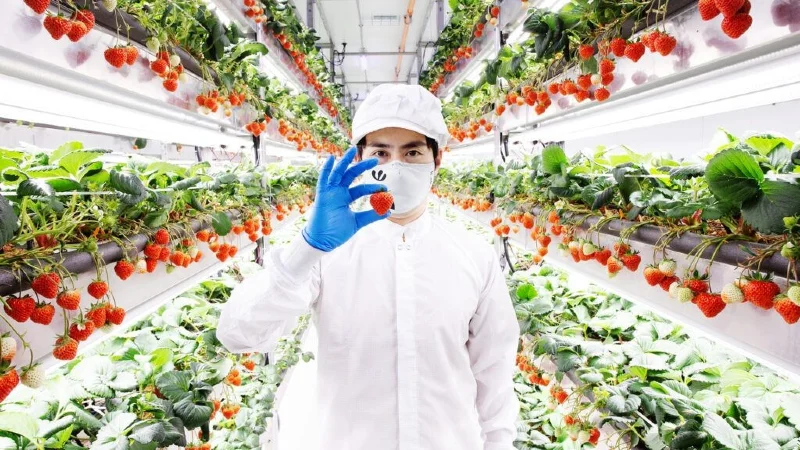
Fragility of the Vertical Farming Industry
The industry’s fragility made it difficult for Fifth Season to attract a buyer or additional investment. Exploring collaborations or mergers with other industry players might have provided a cushion against market volatility.
Financial Management and Funding Challenges
The company faced challenges in securing continuous funding, partly due to its high burn rate. Adopting a more conservative financial management approach, possibly with phased development plans, could have eased the pressure on funding requirements.
This is one of the most common issues throughout the vertical farming industry. Money comes in fast and in volume at first, and the companies tend to spend wildly.
External Economic Factors
The wider economic environment, including competing startups and broader market trends, impacted Fifth Season. Keeping a flexible business model that can adapt to changing market conditions might’ve helped the company navigate these external challenges more effectively.
Marketing and Consumer Outreach
There’s no clear mention of the company’s marketing strategies or consumer outreach efforts. We did some digging and didn’t find anything of note. A strong marketing campaign, emphasizing the benefits of vertical farming and creating brand recognition, could have improved market penetration and revenue.
The company should have also put effort into the local marketplace in a grassroots manner.
More To Discover
- 12 Nations in Europe Are Leading The Charge Against Lab-Grown Meat
- Vanished Giant Returns: California’s Lost Lake Reemerges After 130 Years
- Red Mud Goes Green: How a Simple Process is Turning Mining Waste into Climate-Friendly Steel
- Water Batteries: The Safe, Affordable, and Eco-Friendly Energy of the Future That Won’t Explode
Research and Development (R&D) Focus
While innovation is crucial, balancing R&D spending with a clear path to profitability is essential. Streamlining R&D efforts to focus on commercially viable products and technologies could have been more effective and a much better use of investor funds.
Community Engagement and Impact
The closure left a negative impact on the local community. Engaging more deeply with the community, perhaps through local partnerships or educational initiatives, could have built a stronger local support base.
In summary, a combination of internal operational choices and external market conditions led to Fifth Season’s bankruptcy. A more balanced approach to technology investment, asset management, market diversification, financial planning, and community engagement might have steered the company towards a more sustainable path.








